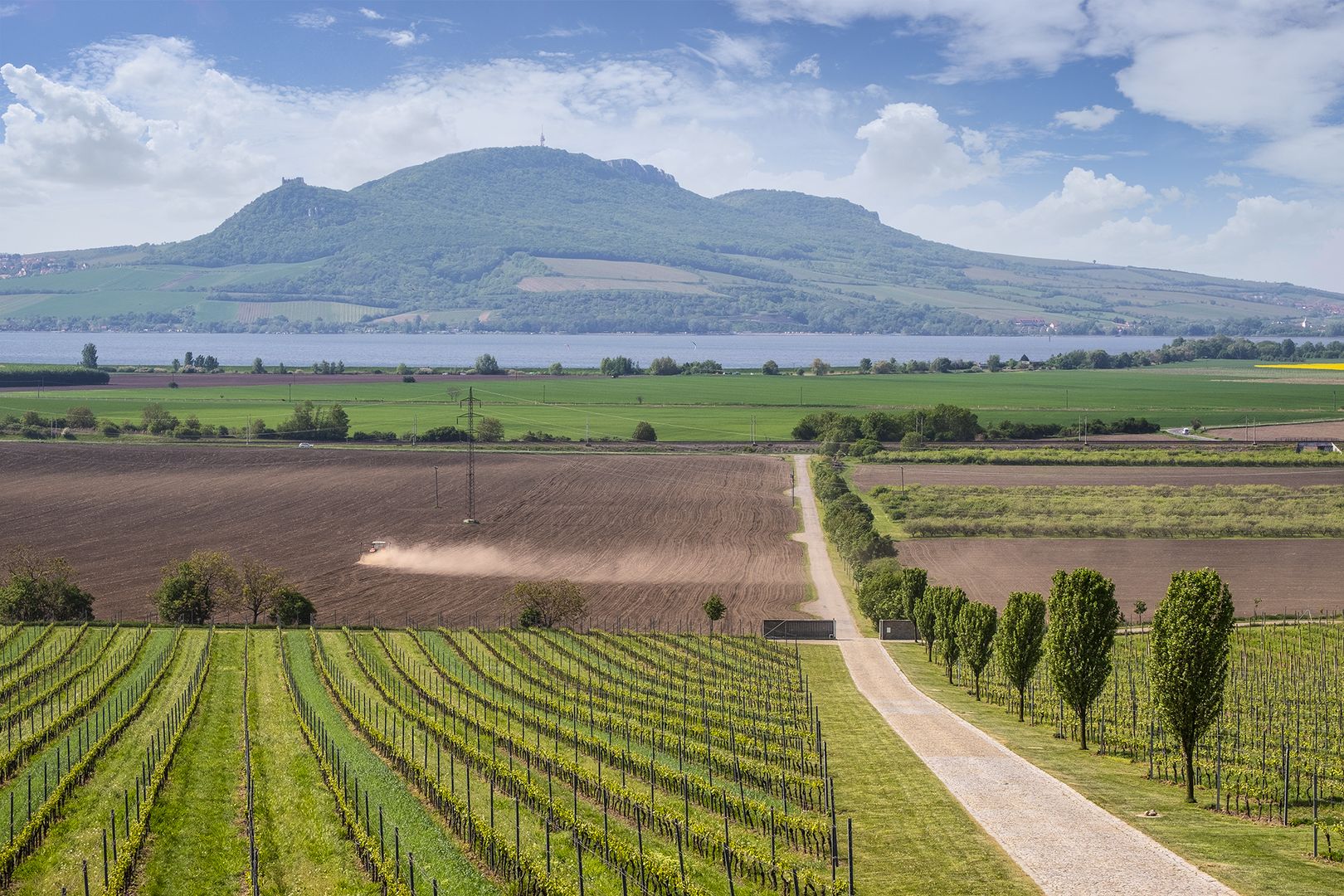The City of Brno explored the potential for food cooperation within the Brno Metropolitan Area (BMA). The analysis, as part of a pilot action, aimed to identify key stakeholders, recognise the potential benefits and impacts of food cooperation, and apply the Food Districts tool, a governance model developed by the Metropolitan City of Turin, to the context of BMA. Furthermore, it proposed the creation of a governance network for food cooperation and outlined specific goals and activities for the area.
Importance of the pilot action
In January 2024 during the regional stakeholder meeting, the concept of Food Districts was chosen for testing within the pilot action for its anticipated benefits in the region, particularly improving land management, protecting the environment, adapting to climate change, identifying key stakeholders. Moreover, it also supports the EU’s “Farm to Fork” strategy.
The food cooperation at the metropolitan level has not been previously addressed by the City of Brno and BMA. Although there are several initiatives in the area, they are limited in scope and do not involve Brno, the main centre of demand. Moreover, there is currently no coordinating body to address food cooperation in a systematic way. Therefore, the initial step of the pilot action was to analyse the potential for food cooperation and propose a governance network. Turin’s approach to food districts served as an inspiration, promoting bottom-up collaboration among local producers, municipalities, and regional actors.
Results and future steps
The analysis yielded valuable insights into food cooperation within BMA. Key findings include:
1. Analysis of strategic documents: A review of national, regional, and local documents revealed that while food cooperation is not explicitly mentioned, related topics such as local production, organic farming, and short supply chains are mentioned in several strategic documents.
2. Benefits and impacts: The analysis highlights the positive impacts that food cooperation can have on various sectors, including the local economy, tourism, land use, the environment, and public health. It demonstrates that enhancing local production, distribution, and consumption has the potential to strengthen the region.
3. Potential of BMA: The region’s natural characteristics, particularly in the south-eastern part of BMA, are suitable for agriculture, with 53% of the land currently used for agricultural purposes. The analysis also identifies ideal commodities for developing short supply chains, such as fruits, vegetables, dairy products, meat, and bakery products.
4. Identification of stakeholders: The analysis identifies a range of stakeholders in agri-food sector. The supply side includes agricultural entities (almost 7 400, many of which are large-scale companies), with a declining number of small farmers. Unlike Turin, farmer institutions show low willingness to collaborate with other stakeholders in the BMA. The region is not sufficient in food production and relies on food imports. Local farmers are selling their products via distributors, processors, retail chains, and directly to customers. In terms of demand side, public catering, such as school, hospital or municipal canteens, offers strong potential for local production. Dozens of initiatives developed by the NGOs or Local Actions Groups were mapped, alongside a SWOT analysis of the current state identifying opportunities to enhance cooperation, especially in public catering and local distribution.
5. Food cooperation networks: Although full transfer of Food Districts to the Brno Metropolitan Area is limited by legal and structural differences, key aspect of food cooperation governance can be adapted in the form of voluntary food networks. These networks could focus on specific areas such as public catering, local distribution, and climate adaptation.
In the coming months, further steps will be taken, including the establishment of a working group aimed at coordination and information activities on food cooperation and networks focused on public catering, local distribution chains, and climate adaptation in agriculture. An action plan for food cooperation in the BMA is expected to be developed by the first quarter of 2025.
The City of Brno worked closely with its partners, especially from the Metropolitan City of Turin, to design the pilot action. Feedback from them and local stakeholders played a critical role in shaping the final proposals.
Strengthening metropolitan cooperation
The pilot action aims to connect various metropolitan stakeholders, including public authorities, the private/agri-food sector, academic institutions, and NGOs. The goal is to enhance local food production, distribution, and consumption in the BMA, thereby benefiting the local economy, health, and sustainable land use. This initiative will also improve urban-rural cooperation and build trust within the region.
Food cooperation is a new topic at the metropolitan level, and the pilot action serves as a starting point for developing innovative solutions in this area. The aim is to integrate the topic into the Brno Metropolitan Area’s Integrated Development Strategy.
Summary
This pilot action represents an important first step in establishing a coordinated approach to food cooperation in the BMA, and it will provide a foundation for future initiatives to strengthen local food systems and enhance metropolitan cooperation and governance. The full version of the document can be found here.
